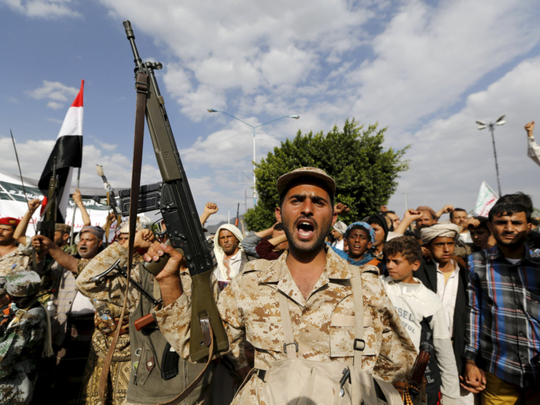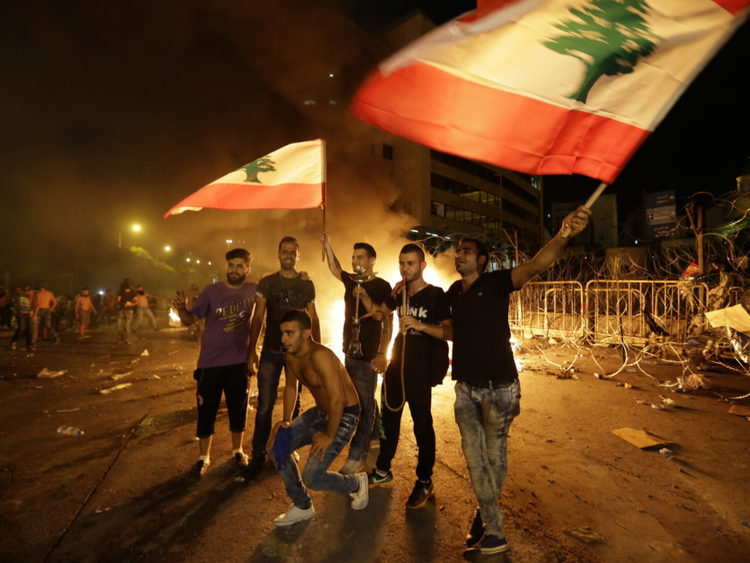
Dubai: Though just a few weeks have passed since the signing of the nuclear agreement between Iran and the western powers, the echo of the deal has started to reverberate in the region. Apprehension and suspicion by Gulf states of increased Iranian interference after its rapprochement with the West are being realised, according to Arab political analysts.
Among the latest signs were the rising tension between Iran and Kuwait over Tehran’s plans to develop an offshore shared gas field; the breaking up of a terror cell in Kuwait which local press said has links to Iran’s revolutionary Guard and Lebanese Hezbollah group; deadly explosions in Bahrain; and the revealing of the identity of mastermind of the bloody 1996 terrorist attack on US military housing in Khobar in Saudi Arabia, a Saudi Shiite who was captured in Lebanon and transferred to Saudi Arabia.
Some analysts believe that Iran has increased aggression while others say Iran has simply maintained an existing hostile policy.
“The deal has definitely boosted Iran’s geopolitical position,” Ali Bakeer, a researcher on regional affairs based in Ankara told Gulf News.
He says that when sanctions start to be lifted gradually, Iran will have more cash to finance its proxies in the region.
“I don’t see anything that makes me believe that Iran will change its policies, simply because no one is pressure Iran to do so,” he added.
Analysts say that the West, in fact, will in fact be more inclined to turn a blind eye to Iranian interference in the region.
On the other hand, Iran is attempting to open a dialogue with Saudi Arabia because rising regional tension could complicate the implementation of the nuclear deal and obstruct Tehran’s efforts to normalise relations with Washington, according to Riad Qahwaji, CEO of the Dubai-based Institute for Near East and Gulf Military Analysis.
“There are western and regional mediators helping to opening up communication channels between Iran and Saudi Arabia,” he told Gulf News.
Any attempt to gauge Iranian leaders for an answer to their intentions has proven to be difficult.
Early in August, Iranian foreign minister Javad Zarif wrote an article calling for regional countries to cooperate to fight extremism. He also said that Iran wanted to improve its relations with its neighbours.
Zarif has already visited several Arab cities after the nuclear deal and hosted Arab officials as well.
Meanwhile, Iran’s supreme leader in July vowed to maintain its support for its proxies in Syria, Lebanon, Bahrain and Yemen.
US Secretary of State John Kerry described the statement as ‘disturbing’.
Ali Younnus, former intelligence minister and current advisor to Iranian president Hassan Rouhani was quoted as saying earlier this year that ‘Iran has once against become an empire as it has been throughout history. The entire Middle East region is Iranian, we will defend all the region’s people because we consider them part of Iran’.
Arab states, on the other hand, have been following reactionary policies, responding to Iran’s rapprochement with the West by massive military build-ups and clubbing together intra-Arab alliances, according to Rami Aziz, an Egyptian analyst.
“Countries are unilaterally building their arms stockpiles, creating an arms race in the region, in response to Iranian expansionism,” he wrote in an opinion piece for the Jerusalem Post.
He added that total regional military expenditures in 2013 reached $150b and in 2014 Saudi Arabia’s military expenditures alone were estimated at $80.8b.














